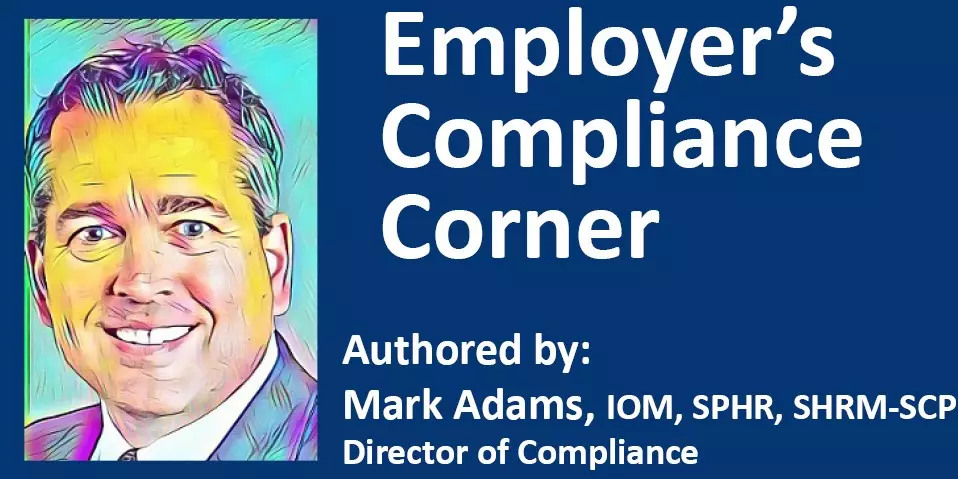
Many employers have utilized non-compete agreements as a “one size fits all” Band-Aid to protect their proprietary content or trade secrets; thinking that if they can prevent their employees from working elsewhere, then the knowledge that they may have regarding their business will not fall into the hands of competitors. According to the Economic Policy Institute, roughly 49% of employers use Non-Compete Agreements in some form. However, for those employers that have chosen to adopt that strategy, there may be a need to change their practices.
A focal point of President Biden’s expansive Executive Order on Promoting Competition in the American Economy is the curtailed use of Non-Compete Agreements. Recognizing that these Agreements can stifle competition, the Order goes on to state that “some overly restrictive occupational licensing requirements can impede workers’ ability to find jobs and to move between States.”
While specifics are sketchy at this point both to the scope and timing of its implementation (since the Federal Trade Commission is tasked with addressing those details), employers should not wait for that shoe to drop.
Some states (such as California) have banned them outright. Other states have curtailed their use substantially. For example, in Massachusetts, non-compete agreements are generally prohibited from being used with non-exempt jobs. For jobs where they are permitted in Massachusetts, that state law provides various parameters for their use in terms of their geographic scope and duration. However, that law also spells out that “the agreement must be no broader than necessary to protect one or more of the following legitimate business interests of the employer:
- the employer’s trade secrets;
- the employer’s confidential information that otherwise would not qualify as a trade secret; or
- the employer’s goodwill.
A non-competition agreement may be presumed necessary where the legitimate business interest cannot be adequately protected through an alternative restrictive covenant, including but not limited to a non-solicitation agreement or a non-disclosure or confidentiality agreement.” Put it another way, in Massachusetts, if there are other avenues, use them.
Alternative restrictive covenants. Have you thought about that? Are there other paths to protecting your key assets? If the non-compete agreement that you have held near and dear to…that has been a staple of your onboarding experience (along with your I-9, W-4 and other forms)….if it now has to be scrapped, what are your options? Do you have one?
Before you can evaluate other options, you need to first identify what you REALLY need to protect. Is it your trade secrets? Marketing strategies? Pricing formulas? If so, then consider a well-crafted confidentiality agreement that specifically defines that information. If you have concerns about having an employee planting the seed in the minds of co-workers to leave your organization as that person has one foot out the door to go work for a competitor, then a non-solicitation agreement may be the answer to cut off that poaching behavior. Alternatively, it may take a combination of those instruments to protect your interests.
Organizational risk management has become an integral responsibility of the Human Resource function. As the days of using Non-Competes become numbered, being proactive in response to this changing legal and regulatory landscape can better position your ability to protect your organization’s key assets and with that better secure your seat at the Senior Leadership table.
Thank you for viewing this article in EANE’s Employer’s Compliance Corner Blog, Authored by our Director of Compliance, Mark Adams. Please visit again soon to stay up to date on today’s compliance updates and best practices for employers.